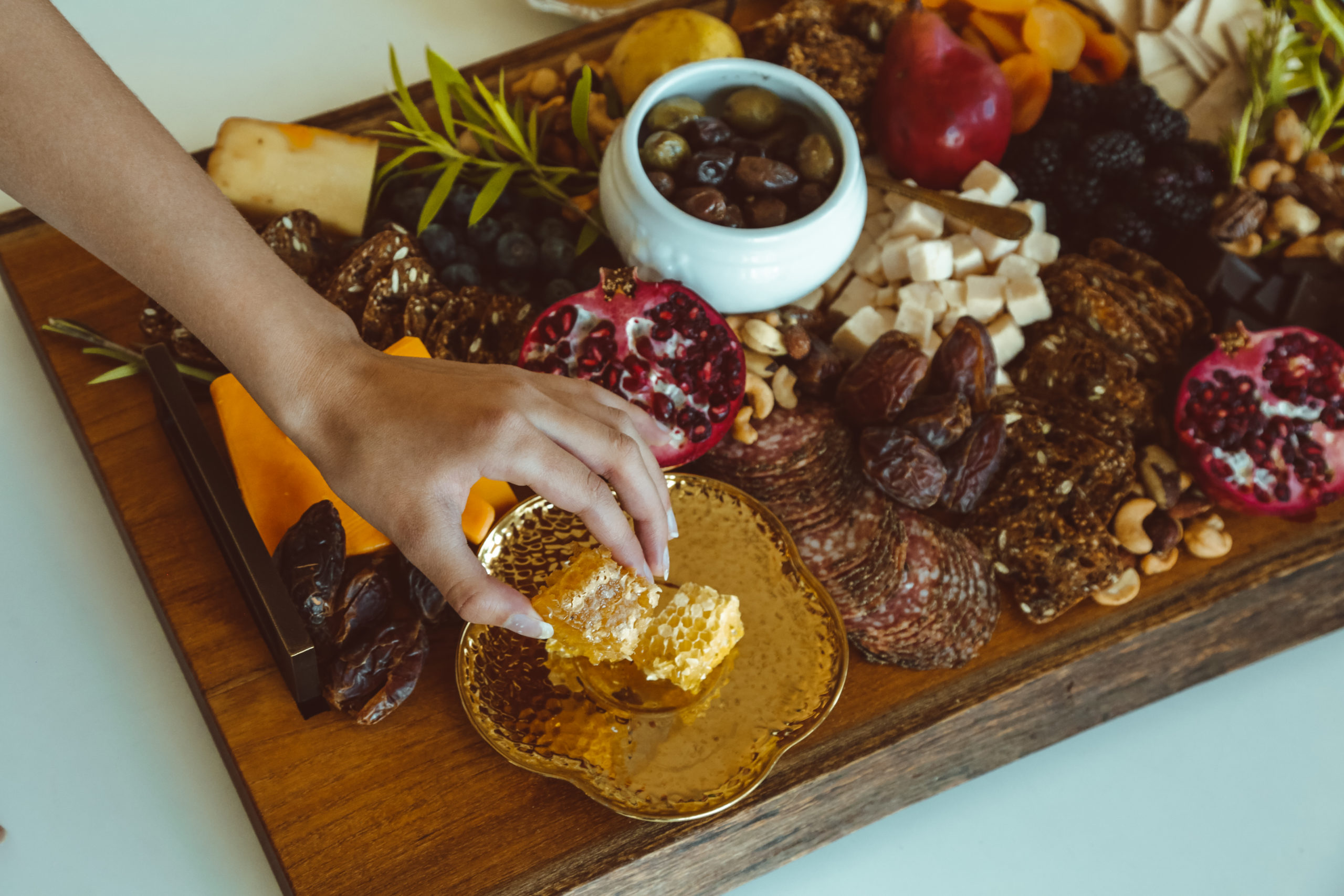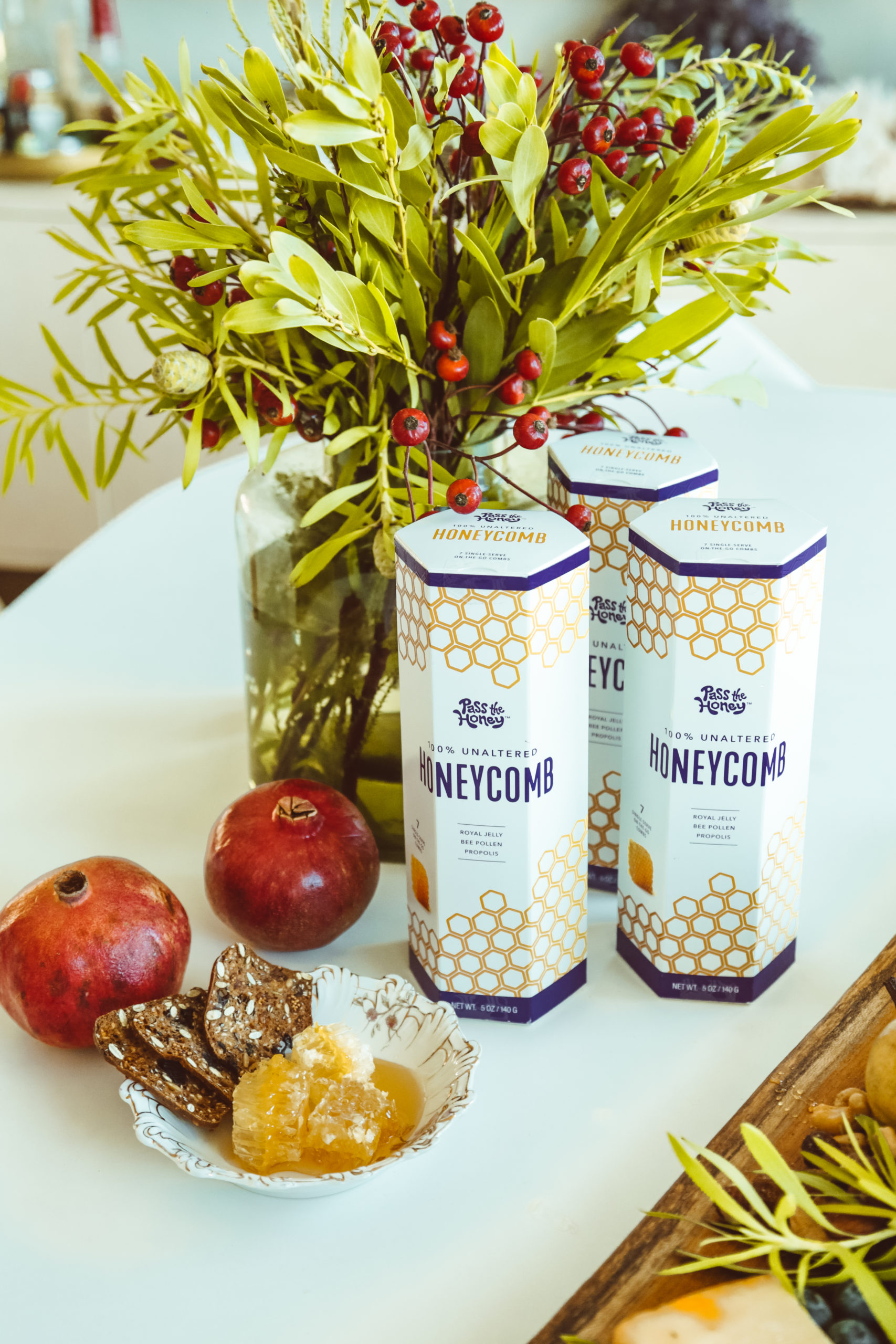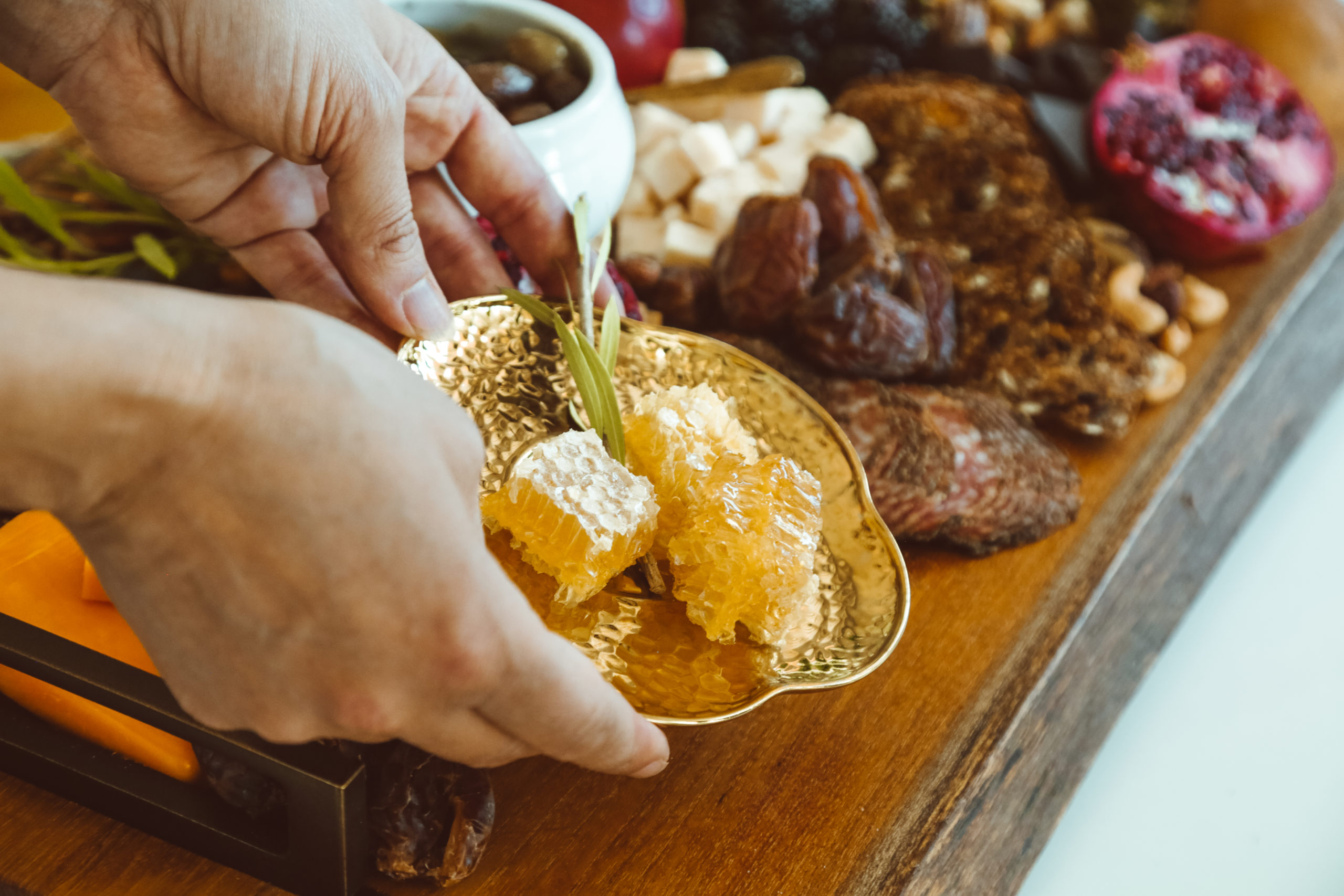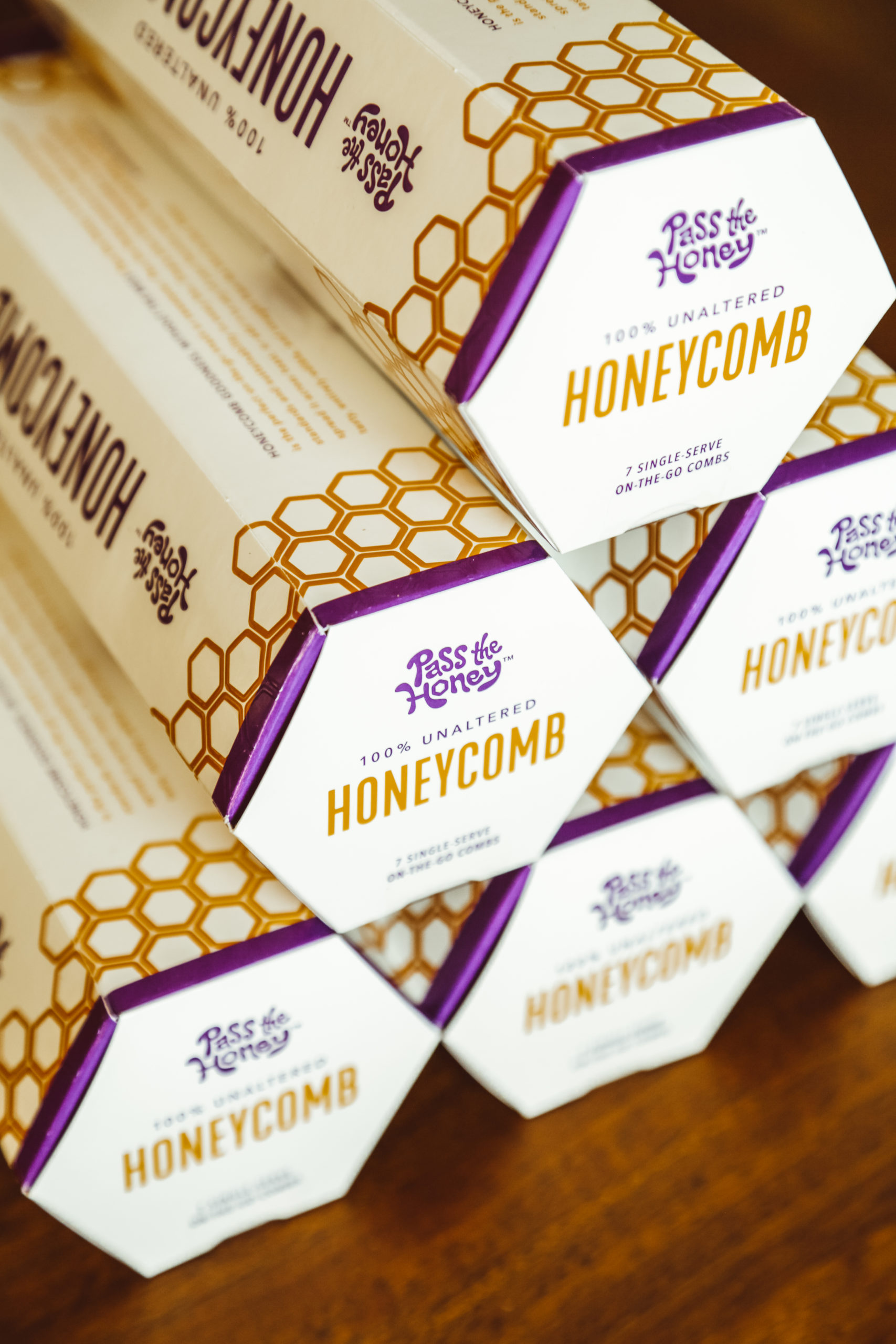The country’s economy is predominantly based on capitalist characteristics. Capitalism gives us the freedom to compare products and purchase the ones we desire. It allows us to find the best options, or at least, what seem like the best options. However, what happens when capitalism interferes with the truth? What happens when the best option is not readily accessible? Who can be blamed then, the seller or the consumer?
Douglas Raggio, the founder of the sustainable honeycomb organization Pass the Honey, helped us uncover this truth through an analysis of the honey industry.
“Honey is the third most fraudulent food on the planet,” says Raggio. “It’s secretly blended with sugar and other processed syrups. It is a global commodity.”
The key word here is global commodity. The value of honey has visibly depreciated over the years due to ease in accessibility. When something becomes a part of daily life, people try to pay the least amount of money possible to still enjoy its pleasures. So, corporations reduce the prices to keep up with the competitors. This fact has ruined the honey industry.
“There is a complex system of fraud that pushes beekeepers to adopt bad beekeeping practices because they have to compete, and this places a downward pressure on price.”

According to Raggio, a serving of honey is currently valued at only three cents. This should not be the case.
“It is a garbage industry. [Honey] has huge nutritional qualities, but the consumers are never really getting it.”
The truth is that the honey you are consuming should probably not be considered honey. For this and other reasons, the idea for Pass the Honey came to be.
Douglass envisioned a company that obtained real honey from the source: honeycomb. Without any alteration to the structure, the product would be completely pure and unadulterated. However, to obtain this, Raggio and his partners had to first go on a quest to find the best honey sources in the world.
“We could not source clean honeycomb in the United States from commercial beekeepers,” says Raggio. “Commercial beekeepers truck their hives around the country, [and that transportation exposes] the hives to pesticides which go right into the honey, and therefore right into the wax.”
The common practices employed in the country by the commercial beekeepers simply did not make it possible to find clean and sustainably sourced honey. Their mission to find best honeycomb brought them to Turkey. And after creating a clean and eco-friendly way to package and distribute the honeycomb, Pass the Honey was born.

“The purpose of the company,” says Raggio, “is to create, restore, and enhance pollinator habitats. [And since initially] we could not source any clean honeycomb in the United States, we started partnering with large land-owners to create our own supply change domestically (…). That’s our Regenerative Honeycomb Initiative.”
The Regenerative Honeycomb Initiative that Raggio is referring to is a phased effort that the company is making to establish regenerative honeycomb production in the country in both private and public lands. According to their website, the effort is “supported by research, monitoring, and reporting to develop new standards of practice, verify honeycomb quality and authenticity, document environmental impacts, and inform relevant federal policy.”
Pass the Honey has a goal to enhance seven million acres of land in the next 15 years. By partnering with large land owners that understand the importance of the company’s efforts, the movement keeps moving forward.
As Raggio emphasizes, knowledge of the truth can make the necessary difference. And the company’s efforts to make a difference in the industry truly go above and beyond.
“We partner with large apiary experts, we do some very [effective] testing, we have educational groups that [conduct extensive research] (…). We truly use bees as our partners in the land conservation [efforts],” says Raggio.
And these sustainable efforts are funded by the company itself. Using his extensive experience in finance, Raggio knew how to invest the company’s proceeds into the mission-wide purpose they have. They are creating the best habitat to have the best honeycomb, and they’re helping the planet along the way in many different ways.

Their apicultural and land management practices are unlike other companies’ in the honey industry. And with every passing year, their practices are evolving towards higher standards.
“We are moving towards evolutionary practices, which means they would actually be evolving into the ecosystem.”
The vision for the future of the honey industry is looking a lot more golden than it did a few years ago, but as Raggio emphasizes there is a lot of work left to be done.
“We have a long way to go on educating the consumer on what true honey is,” says Raggio. He believes that conversations are the key in helping spread the truth of the industry. “We have several years of educating the customer on our mission, and of the uses and benefits of honeycomb.”
And part of the company’s educational purposes are directed towards beekeepers as well.
“We just created the Regenerative Honey Working Group, which is a venue and forum (…) that welcomes local beekeepers to understand our practices, know our beekeeping standards, and even access our lab-testing facilities to qualify their work (…),” says Raggio. “I want more beekeepers to be doing the [important work].”

Raggio also believes that once consumers try the organic honeycomb, they will not want to switch back. “Once they taste [the honeycomb], they’ll know that our mission is legitimate.” And the more the company’s product is purchased, the more funds they will have to keep making a difference in the planet.
So really, the possibility for change is in the hands of the consumer. Spreading truth and consuming truth go hand-in-hand.
“The biggest takeaway is that you are paying for far less for honey than you should, and you’re not getting real honey. That’s the problem.”
For more information or to purchase honeycomb, visit www.passthehoney.com.
Keep up with all of Green Living‘s original content online and on social media.





